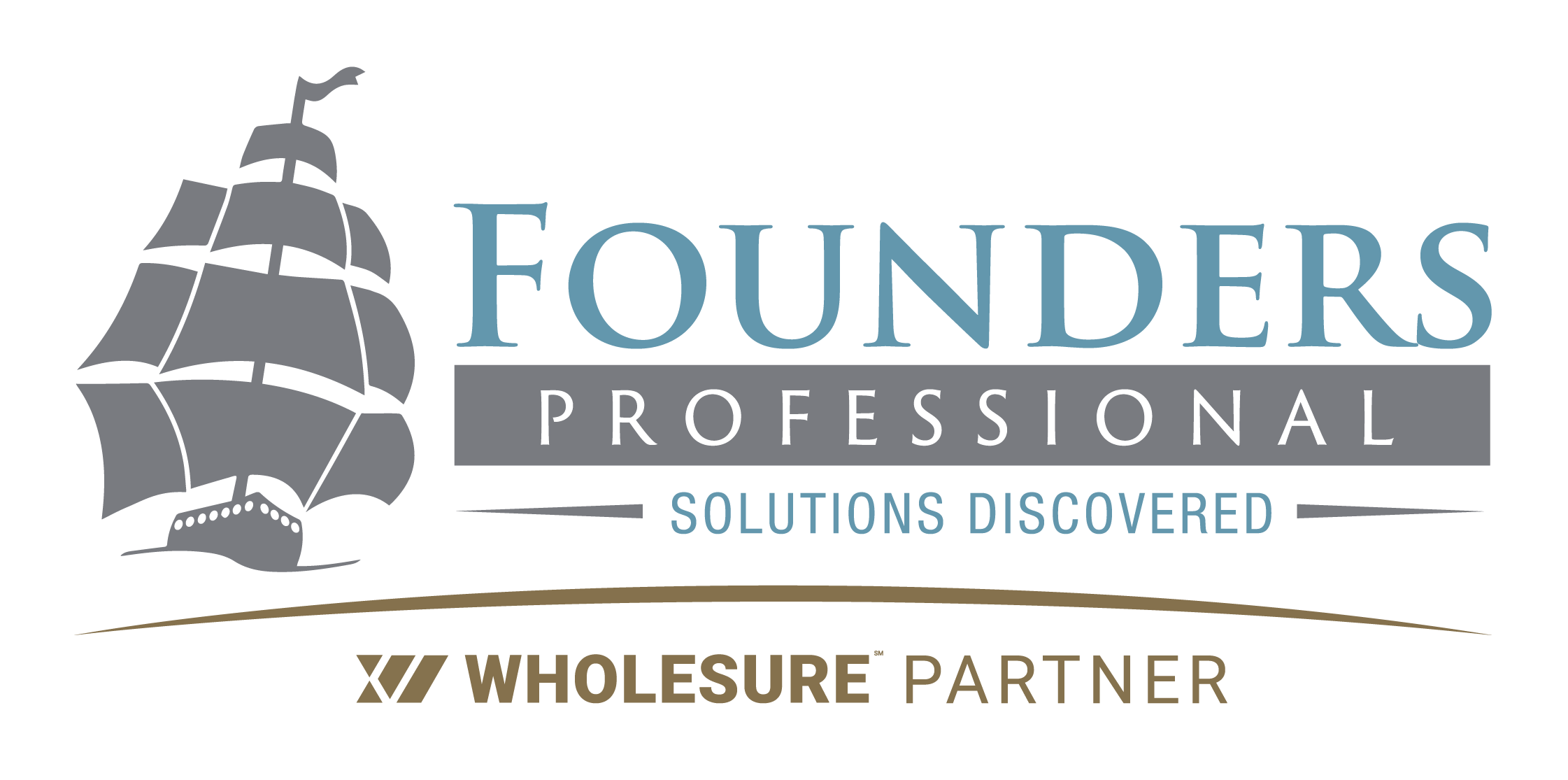Beginning around 2005, title agencies were getting flooded with a ton of business thanks to a boom in the housing market. Years later, there was a crash in the real estate market that caused many people around the nation to lose their homes. These homeowners were getting hung out to dry and were looking for someone to blame.
Real estate related claims were on the rise and title agencies were brought into many of these claims. Lots of smaller title agencies had to close up shop as they had no insurance to cover the claims, or their premiums were so high that the title agencies couldn’t afford to continue paying them.
The housing market has since settled down and new title agencies are opening up shop. Errors and omissions insurance premiums for this industry have come back down and leveled off. Claims against title agencies have also declined.
However, there is a new exposure that has appeared and is attacking these title agencies on a daily basis. Scammers are using social engineering to gain quick access to funds.
Social engineering is a broad term used to describe malicious activity used to manipulate individuals into sharing confidential or personal information which may be used for fraudulent purposes. The popular choice of attack is with a quick email, but it can also be done via fax, or even over the phone. Unfortunately for the insured title agencies, these emails appear to be legitimate and the agencies are sending off the funds for a closing without verifying the origin and authenticity of the email.
Insurance companies have been put in a tough spot on who should be covering these types of claims. Should it be the E&O? What about the crime or cyber policies?
What we are starting to see in the market is that the E&O carriers are specifically excluding these claims with an endorsement. The insurance carriers want to make it clear they are not responsible should a social engineering claim occur. One example in the market of an exclusion being added looks like this:
The SOCIAL ENGINEERING FRAUD Exclusion
Any claim or lawsuit caused by, arising out of, or resulting from social engineering fraud. Social engineering fraud means a fraudulent act, misrepresentation, scheme, trick, device, or false pretense by a third party that misleads an employee and directly results in any of the following:
- Your money or your securities being transferred, disbursed, paid, delivered, altered, corrupted or lost; or
- Money or securities of your customers or clients being transferred, disbursed, paid, delivered, altered, corrupted or lost.
So, what is the insured to do? The title agency should be looking to invest in a cyber policy that has coverage for cybercrime. Then, they will need to drill down on that section of the policy to make sure it includes coverage for social engineering.
Here is an example from a policy on the market that offers this coverage to title agencies:
CYBER CRIME
FUNDS TRANSFER FRAUD
We agree to reimburse you for loss first discovered by you during the period of the policy as a direct result of any third party committing:
A. any unauthorized electronic funds transfer;
B. theft of money or other financial assets from your bank by electronic means;
C. theft of money or other financial assets from your corporate credit cards by electronic means;
D. any fraudulent manipulation of electronic documentation whilst stored on your computer systems; or
E. any phishing, vishing or other social engineering attack against any employee or senior executive officer that results in the transfer of your funds to an unintended third party.
The coverage provided under letter E. above is what the insured should be looking for. Having this coverage should give the insured peace of mind that, if the error is made, they will have the proper coverage for it.
As an agent, be sure you are reviewing this with your clients. This exposure doesn’t only apply to title agents. Law firms, accountants, insurance agents, and other professionals have this same exposure. It’s up to you to make sure your client is aware of the exposure and is properly covered for it.
Chris Monfort is the Miscellaneous Professional Liability Practice Leader for wholesale insurance brokerage, Founders Professional. Chris helps title agents, real estate agents, consultants and other miscellaneous professionals secure professional liability insurance in conjunction with their retail insurance agency. Chris can be reached at [email protected] or 727.498.6505.

